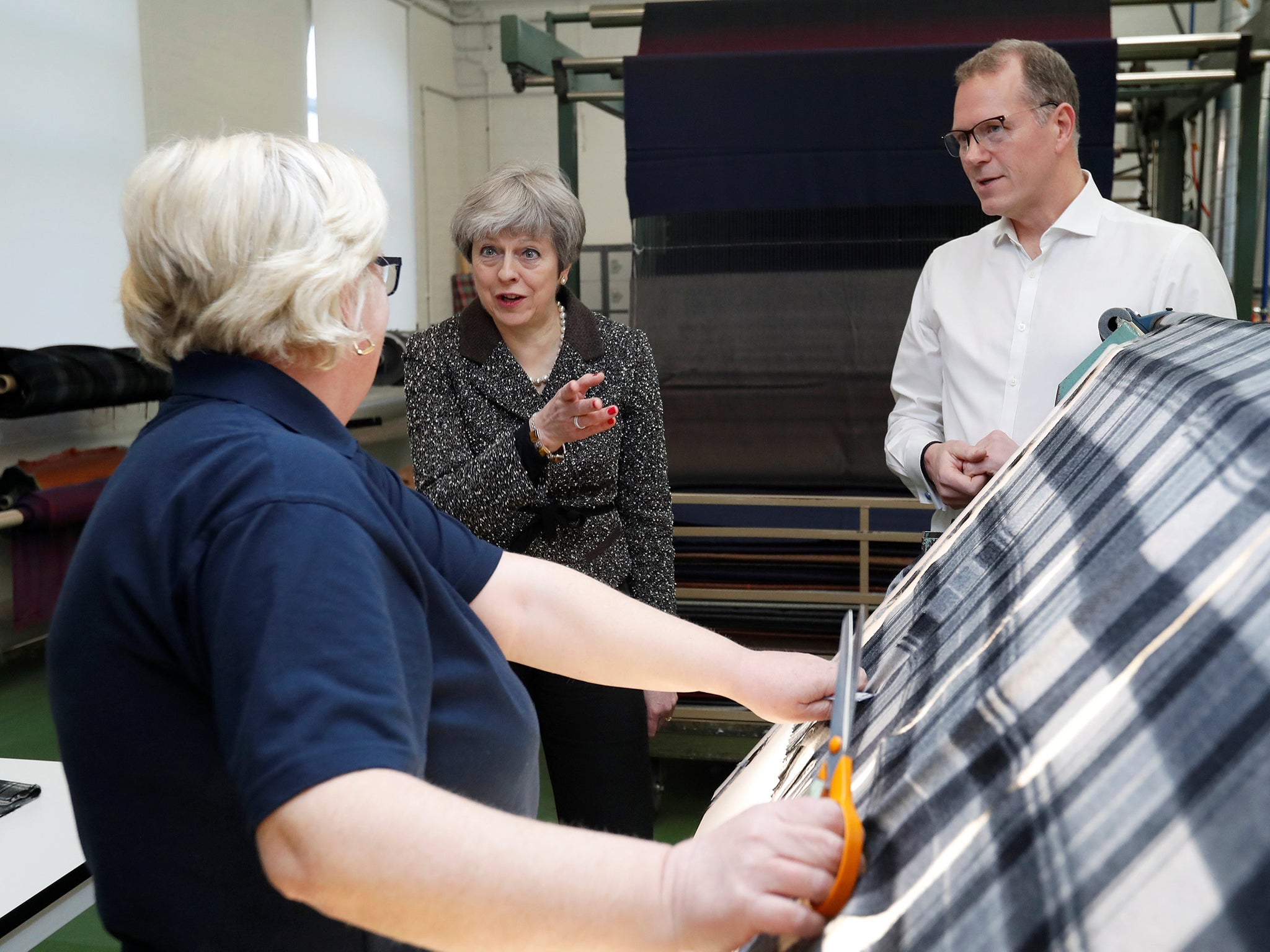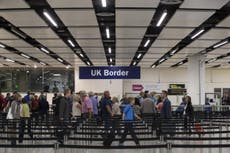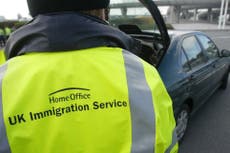Theresa May needs to be honest with the public about post-Brexit immigration
EU withdrawal should not be an excuse for a crude cut in overall numbers. Much better to look at different types of migration so that we can retain the skills our economy needs


In three weeks it will be 50 years since Enoch Powell’s infamous “rivers of blood” speech warning about the perils of immigration. His prophecy proved wrong. Immigration has increased since 1968, but we are a much more tolerant country than Powell envisaged.
But there remains an undercurrent of anxiety. Some people blame “immigration” for their wider concerns about the country or their own prospects. That contributed to the vote to leave the European Union. Although many Brexiteers insist that the real driver was “democracy”, Steve Bannon, Donald Trump’s former chief strategist, told The Spectator this month: “Without Farage, you wouldn’t have had Brexit. Boris Johnson, that exit campaign – he’s a great guy but they were pitching those complicated rules from Brussels. It didn’t wash. It was immigration.”
In a BBC interview marking a year to Brexit day, Theresa May acknowledged that a “lot of people” voted to leave the EU to curb immigration and renewed her promise to “take back control of our borders”. Yet that is proving difficult. She promised to end free movement for EU citizens from next March but had to rapidly retreat to secure a transitional deal. Tory Brexiteers didn’t like that, so May will have to formally end free movement in 2021. However, what might replace it is as clear as mud.
Amber Rudd, the home secretary, has shelved and shelved again a white paper and immigration bill on the post-Brexit regime. They will not be published until early next year – after the EU negotiations conclude this autumn. Remarkably, Rudd told the Home Affairs Select Committee this week that the cabinet has not discussed the issue. But there might be method in this apparent madness.
While MPs complain that ministers are not being “open and honest”, I suspect Rudd is playing a clever game, and quietly gathering the evidence for a sensible approach to EU migration. The independent Migration Advisory Committee provided an important building block on Tuesday. It said lower immigration is very likely to lead to lower economic growth, and that business wants unrestricted access to EU workers after Brexit, viewing them not as cheap labour but better qualified, more motivated and more flexible than British employees. The group’s final report in September will provide sector-by-sector details, including the impact on public services, where EU workers play a critical role in health and social care.
Brexiteers fear that Rudd is paving the way for the UK to grant preferential access to EU workers. It might well be traded in the negotiations for UK access to EU markets. In cabinet meetings, Brexiteers argue for a “level playing field” with the rest of the world to boost the prospects of trade deals. Eurosceptic MPs are preparing to cry “betrayal” – and to lobby May.
Rudd’s instincts are more liberal than May’s. As home secretary in 2015, May claimed there was “no case, in the national interest, for immigration of the scale we have experienced over the last decade”. The prime minister prides herself on looking at an issue from every angle before taking a decision, which sometimes frustrates her ministers. What better, then, than an evidence-based approach to immigration? Whatever the reasons for the Brexit decision, might it now provide an opportunity for a more rational system.
The problem is that May is impaled on a hook of her own making – the Tories’ target set in 2010 to reduce net migration below 100,000 a year. At first glance, Brexit offers a chance to meet it. Net EU migration is down to 90,000 a year, the lowest for five years; the fall in the pound makes UK wages worth less and EU workers feel less welcome. On paper, ending EU migration would reduce the total figure to 205,000.
But back in the real world, the advisory committee reminds us that restricting EU migration would compound Brexit’s act of economic self-harm. Surely, we should soften this needless blow. Yes, it would be politically difficult for May. But she promised to be “straight” with the public in her Mansion House speech, saying Brexit would involve compromises and hard choices.
May is isolated in her own cabinet over her discredited target, and including foreign students in it. Rudd declined to endorse the target to the select committee, pledging only to bring migration down to “sustainable levels”. Even Johnson’s instincts are at the liberal end of the spectrum. The public mood, too, is more nuanced than is often supposed: since the referendum, there has been a shift towards prioritising the economy over reducing immigration.
Brexit should not be an excuse for a crude cut in overall numbers. Much better to look at different types of migration so that we can retain the skills our economy needs.
Populist appeals and headline-grabbing promises like the target are much easier than strong, principled leadership. But May, backed by the emerging evidence, now needs to show that leadership in the national interest.




Join our commenting forum
Join thought-provoking conversations, follow other Independent readers and see their replies